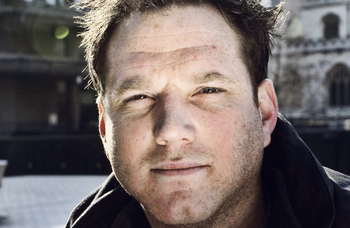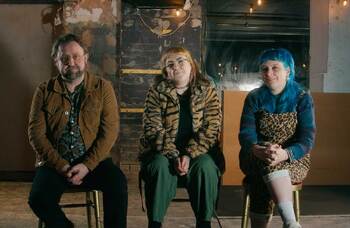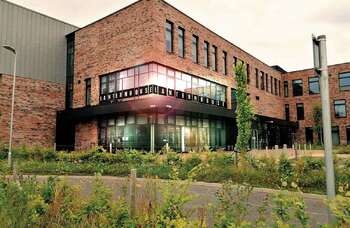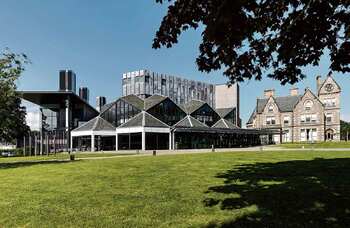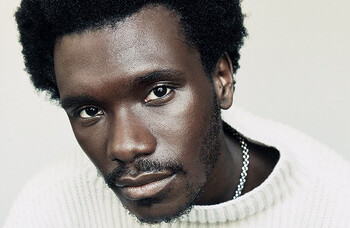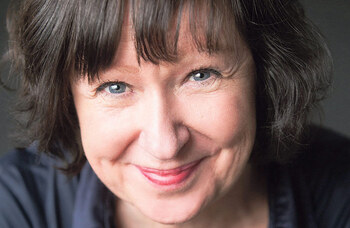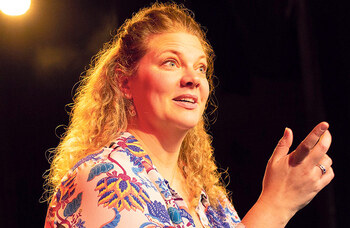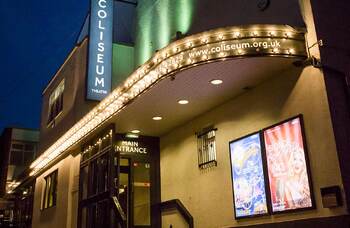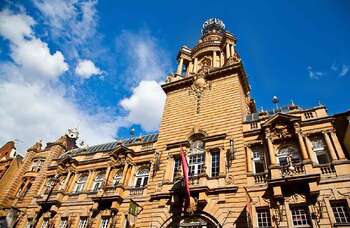Arts Council England: ‘We want to be a beacon of light promising a return in the future’
In a special supplement titled ‘How the arts can survive the coronavirus crisis’, Arts Council England chief executive Darren Henley says he hopes the organisation’s emergency response fund will assist struggling artists across the country and explains how ACE is helping provide a future for the sector
The Olivier award-winning musical Come from Away is a work of creative genius, born from a moment of international crisis. The life-affirming story of the 7,000 passengers from across the world who were grounded in Canada during the wake of 9/11, and the Newfoundland community that invited them into their lives, has a joyous and happy ending.
Right now, as Covid-19 continues to sweep around the globe, we’re facing another international crisis – and we don’t yet know the ending. In a society where we’ve increasingly placed value on certainty and control in our lives, this pandemic has turned normality on its head. We’ve been forced to realise that we’re not always the writers of our own scripts or the directors of our own stories. And that can be tough to deal with.
The health of friends, relatives and colleagues is at the forefront of all of our minds at the moment – and, quite rightly, the selflessness, skill and dedication of the nurses, doctors, carers and support staff working across the NHS is being applauded. But, Covid-19 has caused pain in people’s lives in many other ways. Entire sectors of the economy are at risk. Livelihoods have disappeared overnight. And the arts, museums and libraries are no exception. The challenges are very real, and very great.
"I’ve been moved by images I’ve seen on Twitter of the ghost lights in theatres up and down the country"
Three weeks ago, Arts Council England announced a £160 million emergency package to support our sector. As part of this package, we launched two funds: £20 million to support individuals, and £50 million for independent cultural organisations. Of the funding for individuals, £4 million will go to Equity Charitable Trust, the Theatrical Guild, the Society of Authors, Dance Professionals Fund, Help Musicians, a-n (the Artists Information Company) and Outdoor Arts UK. We hope that by working with these funds, we can support the widest range of people. We’ll soon publish details of our third emergency fund: £90 million for national portfolio organisations.
We’ve had to move swiftly and respond decisively, making tough decisions to provide this vital lifeline. That means we’ve suspended several of our funding streams, such as National Lottery Project Grants and Developing Your Creative Practice.
When it came to the latter, we made a simple calculation: in the place of a single £10,000 grant, we could invest £2,500 in four different artists, to help them through the weeks to come. And, when it came to National Lottery Project Grants we knew that, particularly in the theatre sector, there are no practical means of producing work at present, so continuing to fund projects that depend on systems that are no longer functioning was not the right way for us to steward taxpayers’ and National Lottery players’ money.
We didn’t take these decisions lightly and we plan to reopen our National Lottery Project Grants at the earliest opportunity. We’ve held back about £57 million – more than half our usual budget in a given year. For now though, we’re focused on the real crisis that is hitting every part of our cultural ecology. We know that most organisations – public and commercial – depend on very high levels of earned income, which have disappeared overnight. We know that some organisations won’t survive.
Our focus has to be on the whole, on the collective and on trying to ensure that organisations are supported as much as possible to ensure they can reopen their doors as soon as possible, so that in turn they can continue to employ thousands of people, cast hundreds more and work with smaller companies in their supply chain. We will have to make nigh-on impossible decisions as best as we can, but we will prioritise those who are most vulnerable at this time, as well as looking at the spread of applications across art forms, discipline and geography.
"The challenges are very real, and very great"
The last few weeks have been devastating in ways that none of us could have imagined. We know our funds won’t be able to help everyone. We also know the package we’ve produced only take us so far. We already understand from our daily conversations with artists and cultural organisations that there will be huge demand for all three of these funds.
We’re working closely with the government to ensure the interventions it is making are relevant to the cultural sector, and we will continue to make sure the government is kept updated on what’s happening around the country. We want to thank our secretary of state Oliver Dowden, minister for culture Caroline Dinenage and officials at the Department for Digital, Culture, Media and Sport, Department for Education and HM Treasury, for the speed of their responses, which have enabled us to do what’s needed without delay, and we look forward to continuing to work with them as we begin to consider the next stage.
Recently, I’ve been moved by images I’ve seen on Twitter of the ghost lights in theatres up and down the country. Those lights have been left on as a promise of return. I think of our emergency response funds in the same way: a beacon of light promising a return in the future – a way forward for creative people and cultural organisations. It’s not going to be an easy few months, but I believe this funding offers our best hope for nurturing the new sparks of creative genius that will be born out of this moment of international crisis.
This content is supported by Arts Council England
‘Supported by’ is used to describe editorially independent content. Supporters may suggest the subject that is covered, but have no say in the editorial produced, which is written and edited by The Stage’s journalists to the same standard as all our editorial, with no copy approval given.
Opinion
Recommended for you
More about this organisation
Advice
Recommended for you
Most Read
Across The Stage this weekYour subscription helps ensure our journalism can continue
Invest in The Stage today with a subscription starting at just £5.99

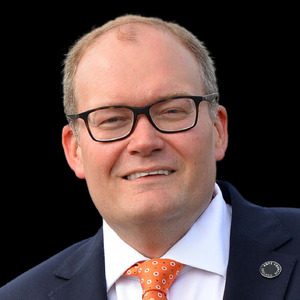 Darren Henley
Darren Henley